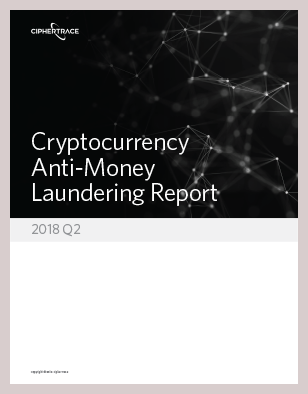Quantum Global Group and its founder Jean Claude Bastos de Morais on Monday won a full discharge of a worldwide freezing order from an English High Court, which found that lawyers representing the Angolan sovereign wealth fund misled the court when they secured the order three months before.
The court imposed the original $3 billion freezing order in April after Norton Rose Fulbright, acting for the Fundo Soberano de Angola (FSDEA), told the court that funds under Quantum’s management were at risk of being dissipated as a result of an alleged fraudulent conspiracy.
Discharging the freezing order on Monday, Mr Justice Popplewell said there was no excuse for the FSDEA’s legal advisers presenting “incomplete material in an unfairly one-sided way” in their original application.
Characterising the disclosure breaches by the FSDEA’s legal advisers as “serious”, “substantial” and “culpable”, Mr Justice Popplewell said: “I have reached a clear view that… the freezing order should be discharged in its entirety and no fresh freezing order granted.”
Quantum Global Chairman and Founder Jean-Claude Bastos de Morais said: “I am pleased that the judge has seen fit to discharge the freezing order in its entirety. I have always believed that the truth and facts about our work with the Angolan fund would come out.”
“The freezing order has heavily impacted our investment projects in Angola and Africa, and caused serious hardship for our employees in Angola, Mauritius and Switzerland, as many of them have not been paid for months. I remain open to a negotiated resolution to our dispute so that we may continue to contribute to economic growth and prosperity for Angola and Africa.”
In the hearing on Monday, Quantum Global presented evidence showing that the company had managed the FSDEA funds under valid contracts with rigorous and transparent reporting, that the fees were in line with industry standards, that the fund management mandate was won after a rigorous selection process and that conflicts were properly declared.
The proceedings brought by the claimants were not motivated by a genuine concern of misuse of FSDEA capital or that assets may be dissipated, Quantum Global argued in court. Instead, the claimants were seeking to exit valid and binding contractual arrangements by alleging a tenuous fraud and conspiracy claim, the company’s lawyers said.
“Proper disclosure would have put a very different complexion on the application,” Mr Justice Popplewell said.
Mr Justice Popplewell refused the FSDEA permission to appeal and indicated he would give a full judgment in due course.
The FSDEA’s legal advisers informed the court that they intended to challenge the discharge of the freezing order in the Court of Appeal, and Mr Justice Popplewell granted a temporary and significantly modified injunction for $560 million until Friday August 10, by which time the FSDEA’s challenge should be heard by the Court of Appeal.
Quantum Global is also challenging similar freezing orders issued by a court in Mauritius. The company argues that there is no justifiable basis for these actions, like in the case of the English freezing order. Quantum Global has repeatedly called for a fair hearing in Mauritius, highlighting that the basis for the orders has still not been disclosed four months after they were issued.





